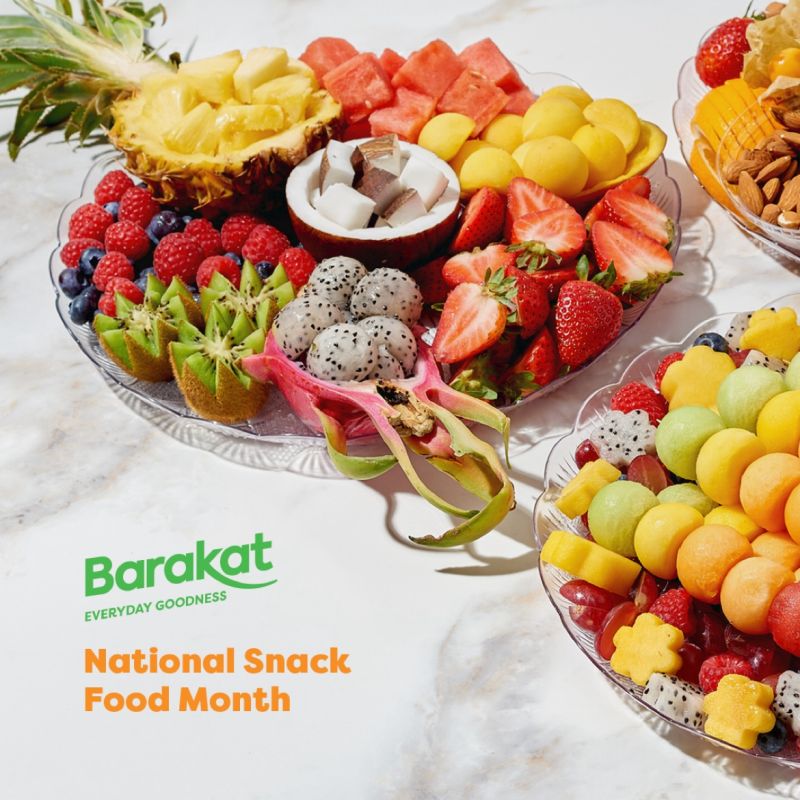We know that what we eat affects how we feel. But guess what? It’s even more important than we think! Things like feeling foggy in the brain, having a bloated tummy, skin acting up, feeling dry, or being all over the place with moods—yep, it could be connected to the stuff we munch on.
Today, let’s go on a food journey and talk about some tasty things you want to eat every day. They can be like little helpers for your health.

1. Vegetables:
Vegetables are full packages of vitamins, minerals, and fiber. A colorful mix ensures a variety of nutrients, contributing to better digestion, improved immunity, and overall vitality. Leafy veggies like spinach and kale, vibrant bell peppers, and versatile broccoli are excellent choices.
2. Fruits:
Fruits bring natural sweetness and a host of essential nutrients to our diet. From vitamin C in citrus fruits to the antioxidants in berries, these vibrant treats support our immune system, aid in digestion, and provide a satisfyingly sweet addition to our meals.
3. Whole grains:
Whole grains are like the fuel that keeps our body running smoothly. For instance, brown rice, quinoa, oats, and whole wheat products offer a rich source of fiber, vitamins, and minerals. They provide sustained energy, support digestive health, and contribute to overall well-being.
4. Lean proteins:
Proteins are the base of our body’s need for muscle health, immune function, and repairing tissues. For instance, lean protein sources like poultry, fish, tofu, beans, and legumes offer a tasty and nutritious way to meet our protein requirements.
5. Healthy fats:
Contrary to popular belief, fats are not the enemy. Healthy fats, usually found in avocados, nuts, seeds, and olive oil, are really important for a healthy brain, hormone production, and the absorption of certain vitamins. They also add flavor and satiety to our meals.
6. Dairy or dairy alternatives:
Dairy products or fortified alternatives like almond or soy milk provide essential nutrients like calcium and vitamin D. These nutrients are really important for bone health, helping to keep our skeletal system strong. You can utilize these by making ice cream at home.
7. Fish:
Fatty fish, such as salmon, mackerel, and trout, are like ocean treasures loaded with omega-3 fatty acids. These healthy fats give heart health, reduce inflammation, and contribute to overall cardiovascular well-being.
8. Eggs:
Eggs are a nutrient-dense powerhouse, offering a good dose of protein, vitamins, and minerals. They come with essential amino acids, making them a valuable addition to our daily diet.
9. Water:
Staying hydrated is like giving our body the elixir it needs. Water is important for digestion, nutrient absorption, temperature regulation, and overall bodily functions. It’s the simplest yet most vital element for our well-being.
10. Herbs and spices:
Herbs and spices aren’t just for flavor; they also have a host of health benefits. Turmeric, known for its anti-inflammatory properties, and garlic, believed to have immune-boosting effects, are examples of how simple additions can enhance both taste and well-being.
Now, let’s explore the answers to the most common questions:
Q1: Why is what we eat so important for our health?
What we eat plays an important role in our overall well-being. It affects not just our weight but also things like our energy levels, mood, and even how our skin behaves.
Q2: How can our diets impact symptoms like brain fog and mood swings?
Certain foods can contribute to brain fog or mood swings. For example, sugary snacks might give you a quick energy boost, but it’s often followed by a crash, leading to brain fog. Balanced and nutritious meals can help stabilize mood and energy levels.
Q3: Can the food we eat affect our skin?
Absolutely! Foods rich in antioxidants, for instance, fruits like banana and vegetables, can contribute to healthier and clearer skin. On the flip side, consuming too much processed or sugary food might lead to skin issues.
Q4: How can adding specific foods to our daily diet support our wellness?
These foods are full packages of nutrients that can boost our health. For instance, incorporating fruits like Strawberry, vegetables, whole grains, and lean proteins can give us all essential vitamins and minerals, contributing to overall wellness.
Q5: Can changing our diet really make a difference in how we feel?
Absolutely! Small changes in our daily diet can have a big impact on our overall well-being. Eating a balanced and also nutritious diet can help reduce symptoms and promote a healthier, happier lifestyle.
In closing:
Incorporating these essential foods like salads into our daily lives is like building a solid foundation for a healthier and happier version of ourselves. Remember, balance and moderation are key. So, let’s savor the goodness of these everyday foods and start your journey towards a healthier, more vibrant life.